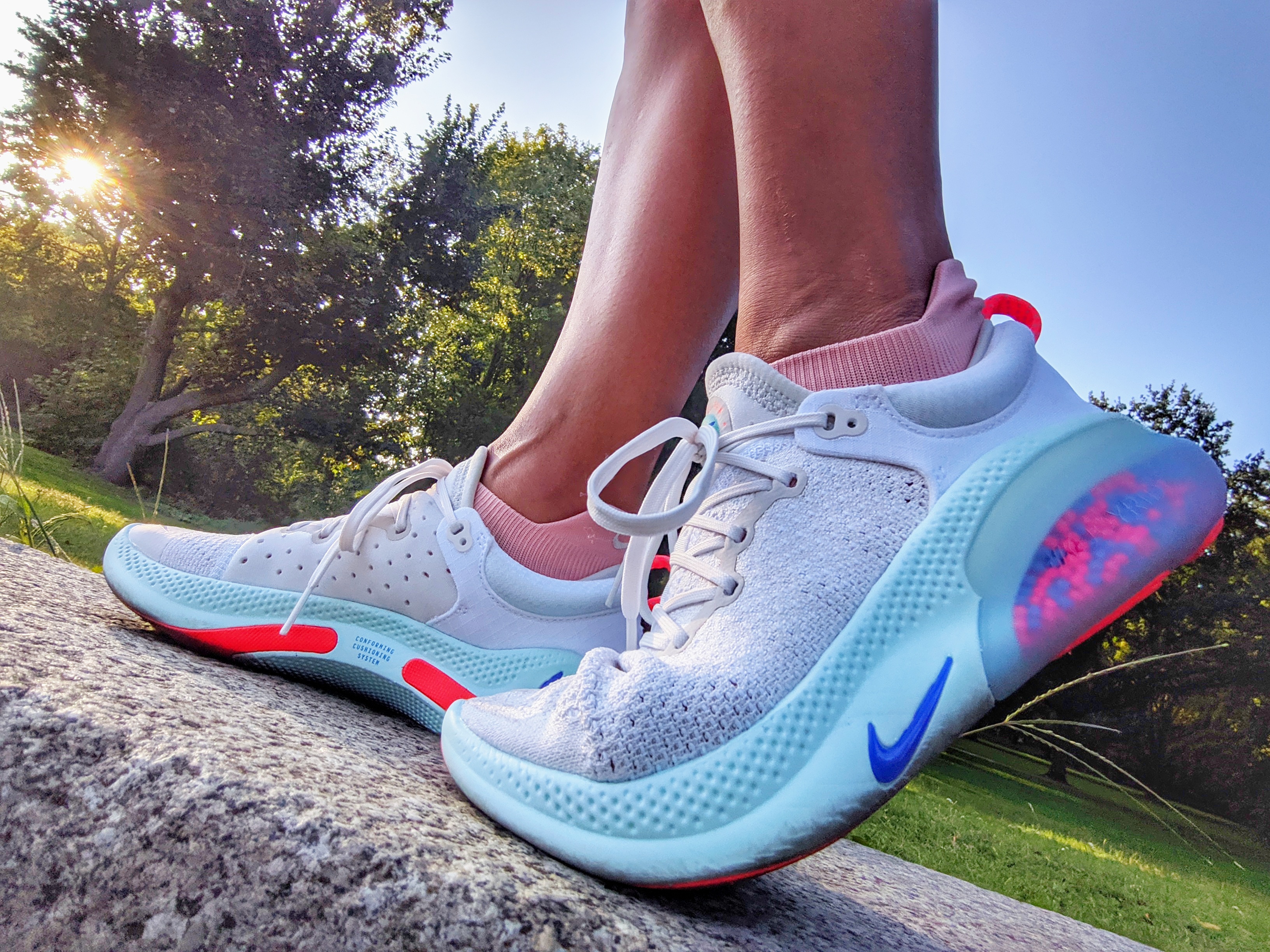Introduction
In the world of sports and fashion, few names resonate as powerfully as Nike. With a history that spans decades, Nike has become more than just a brand—it’s a symbol of determination, innovation, and excellence. From its humble beginnings to its current status as a global athletic powerhouse, Nike has redefined sportswear, inspired countless athletes, and left an indelible mark on the fabric of popular culture.
Founding and Evolution
Nike, originally known as Blue Ribbon Sports (BRS), was founded in 1964 by Bill Bowerman and Phil Knight. The company initially began as a distributor for the Japanese shoemaker Onitsuka Tiger, with Bowerman’s expertise in footwear design and Knight’s entrepreneurial spirit serving as the driving forces behind the venture. In 1971, the brand officially adopted the name Nike, inspired by the Greek goddess of victory, and the iconic Swoosh logo was born.
Innovation and Athletic Performance
Central to Nike’s identity is its unwavering commitment to innovation. The company has consistently pushed the boundaries of technology and design to create footwear and apparel that elevate athletic performance. Nike’s Air cushioning technology, introduced in the late 1970s, revolutionized sneaker comfort and support. Subsequent advancements, such as Flyknit and Zoom Air, further cemented Nike’s reputation as a pioneer in sportswear innovation.
Cultural Impact and Endorsements
Nike’s impact transcends the realm of athletics. The brand’s memorable advertising campaigns, often accompanied by powerful slogans such as “Just Do It,” have inspired individuals across the globe to chase their dreams and overcome challenges. Nike’s endorsements with world-renowned athletes, including Michael Jordan, LeBron James, Serena Williams, and Cristiano Ronaldo, have not only elevated these sports icons but have also solidified Nike’s position as a symbol of success and ambition.
Corporate Social Responsibility
Beyond its commercial success, Nike has also taken strides in corporate social responsibility (CSR). The company has faced criticism in the past over labor practices in its supply chain, leading to a commitment to improve working conditions and environmental sustainability. Nike’s efforts to implement ethical manufacturing practices and reduce its environmental footprint reflect a recognition of the responsibility that comes with its global influence.
Cultural Collaboration and Design
Nike’s collaborations with designers, artists, and other brands have expanded its influence into the realms of streetwear and fashion. Partnerships with high-profile designers like Virgil Abloh and brands like Off-White have resulted in limited-edition releases that bridge the gap between sportswear and haute couture. These collaborations not only showcase Nike’s versatility but also highlight its ability to adapt to changing cultural landscapes.
Global Reach and Community Impact
Nike’s global reach is remarkable, with a presence in over 170 countries and a network of retail stores, both physical and online. The brand’s accessibility has made it a household name in many corners of the world, influencing not only the way people dress but also their attitudes toward sports, fitness, and self-improvement. Additionally, Nike’s engagement with local communities through grassroots sports programs and initiatives further solidifies its role as a positive force for change.
Nike’s journey from a startup distributor to a global athletic and cultural phenomenon is a testament to the power of innovation, determination, and inspiration. Its impact reaches beyond the realms of sports and fashion, shaping the way individuals perceive themselves and the world around them. As Nike continues to evolve and innovate, it stands as a beacon of empowerment, reminding us all to chase our aspirations, overcome obstacles, and strive for victory—both on and off the field.
In the digital age, Nike has not only embraced technology but has also harnessed it to enhance customer experiences and engagement. The company’s digital transformation includes initiatives like the Nike Training Club app and the Nike Run Club app, which provide users with personalized workout plans, tracking tools, and a sense of community. These apps not only promote healthy lifestyles but also reinforce Nike’s commitment to being an integral part of an individual’s fitness journey.
Furthermore, Nike’s integration of technology goes beyond consumer-facing apps. The brand has ventured into smart footwear, introducing products like the Nike Adapt series with self-lacing technology that can be controlled via a smartphone app. This fusion of fashion and technology exemplifies Nike’s forward-thinking approach and its readiness to embrace the latest advancements.
Social and Cultural Movements
Throughout its history, Nike has been known to stand on the forefront of social and cultural movements. The brand has been unafraid to tackle important societal issues through its advertising campaigns. Notable instances include campaigns that address gender equality, diversity, and social justice. By aligning itself with causes that resonate with its audience, Nike positions itself not just as a purveyor of sportswear but as a brand with a meaningful voice in important conversations.
The Future of Nike: Sustainability and Innovation
As the world grapples with environmental challenges, Nike has recognized its responsibility to contribute positively to sustainability efforts. The company has set ambitious goals, such as reducing its carbon footprint and transitioning to more sustainable materials in its products. This commitment to sustainability underscores Nike’s role as a leader in both fashion and corporate responsibility.
Looking ahead, Nike’s commitment to innovation remains unwavering. The brand’s focus on cutting-edge technologies, sustainable practices, and impactful design collaborations suggests that Nike’s influence will continue to shape the sportswear landscape and beyond. By staying true to its core values while adapting to evolving trends and preferences, Nike is poised to remain a timeless symbol of athleticism, ambition, and cultural significance.
- Tags:
- brands
- nike
- sportswear












